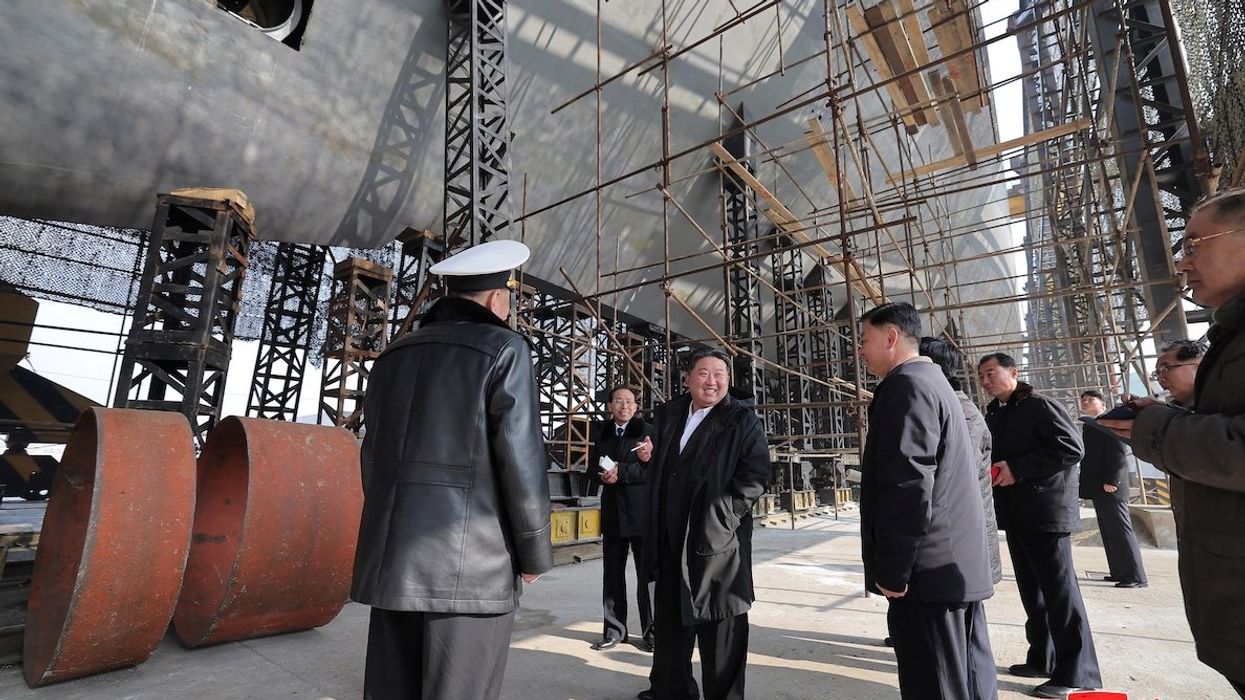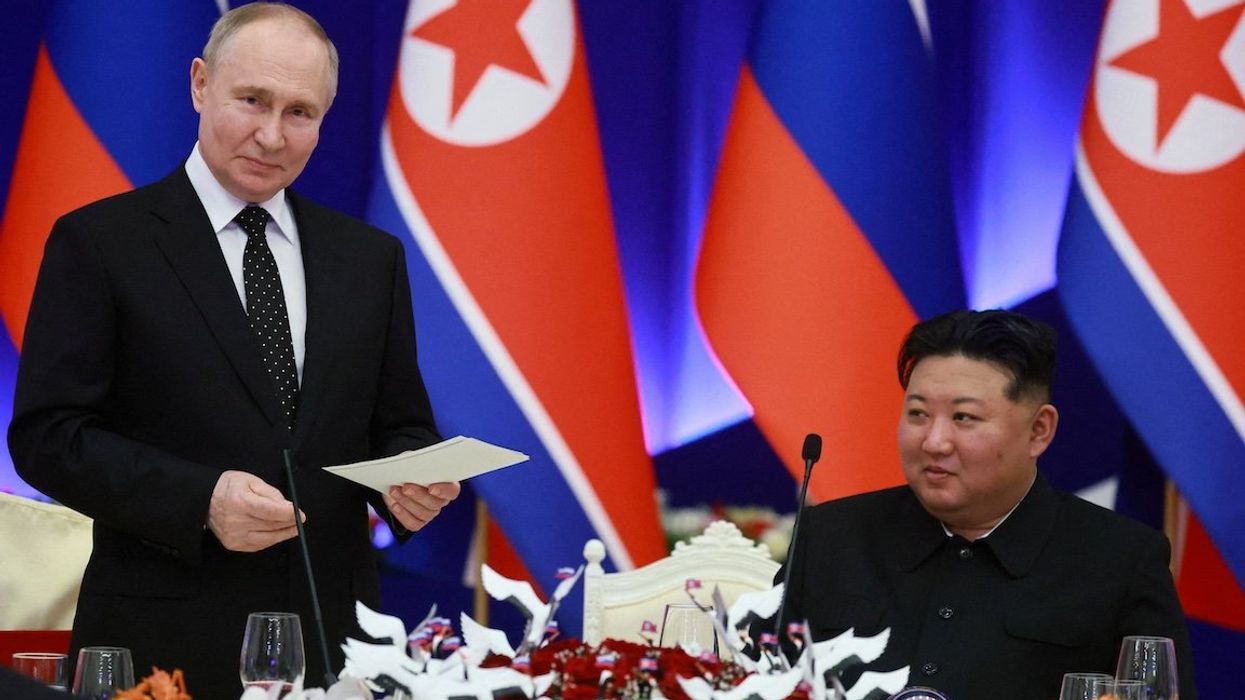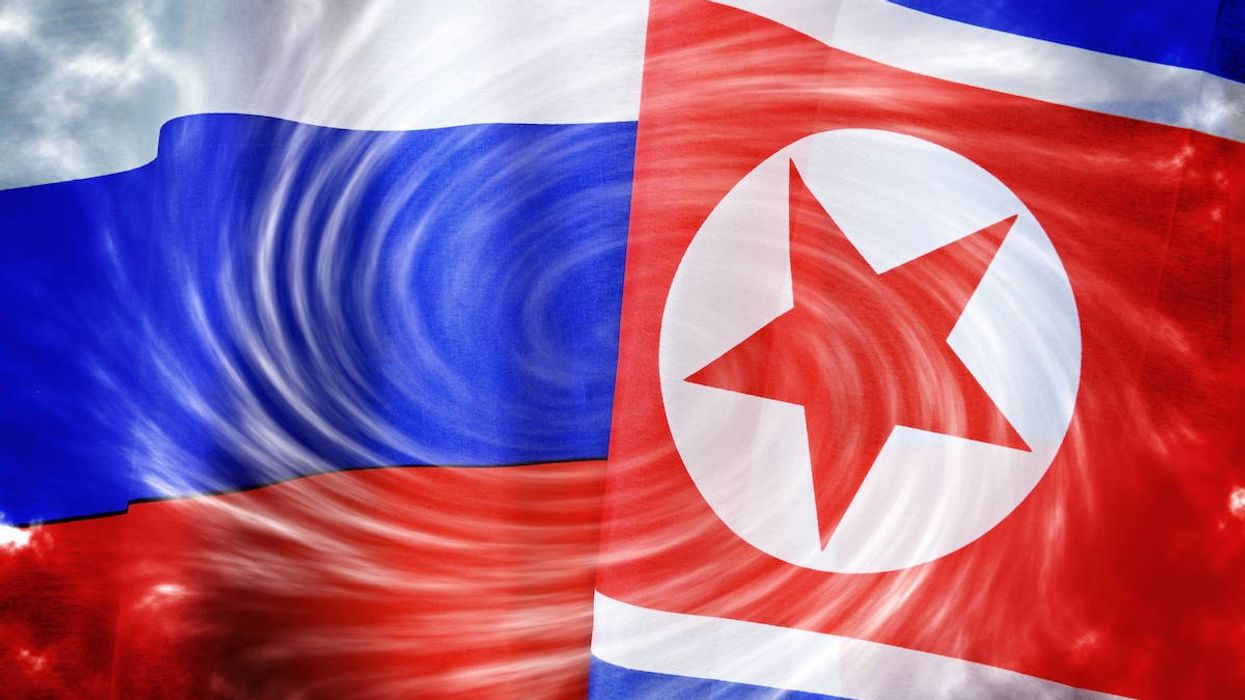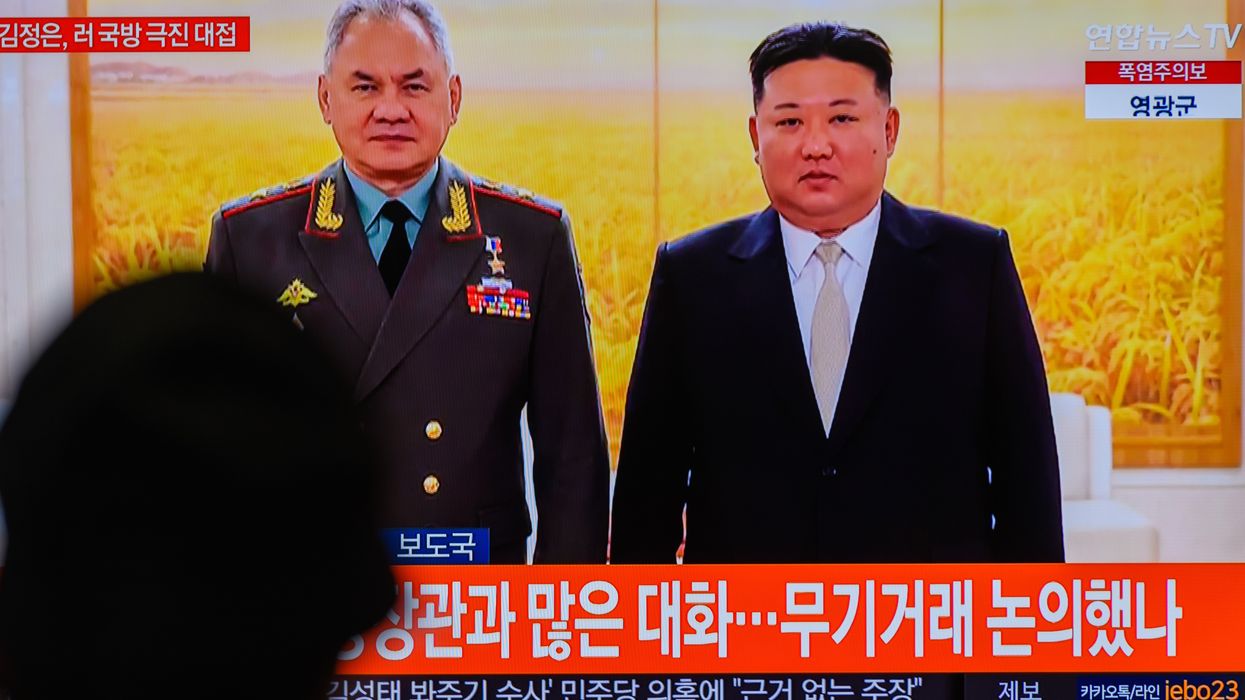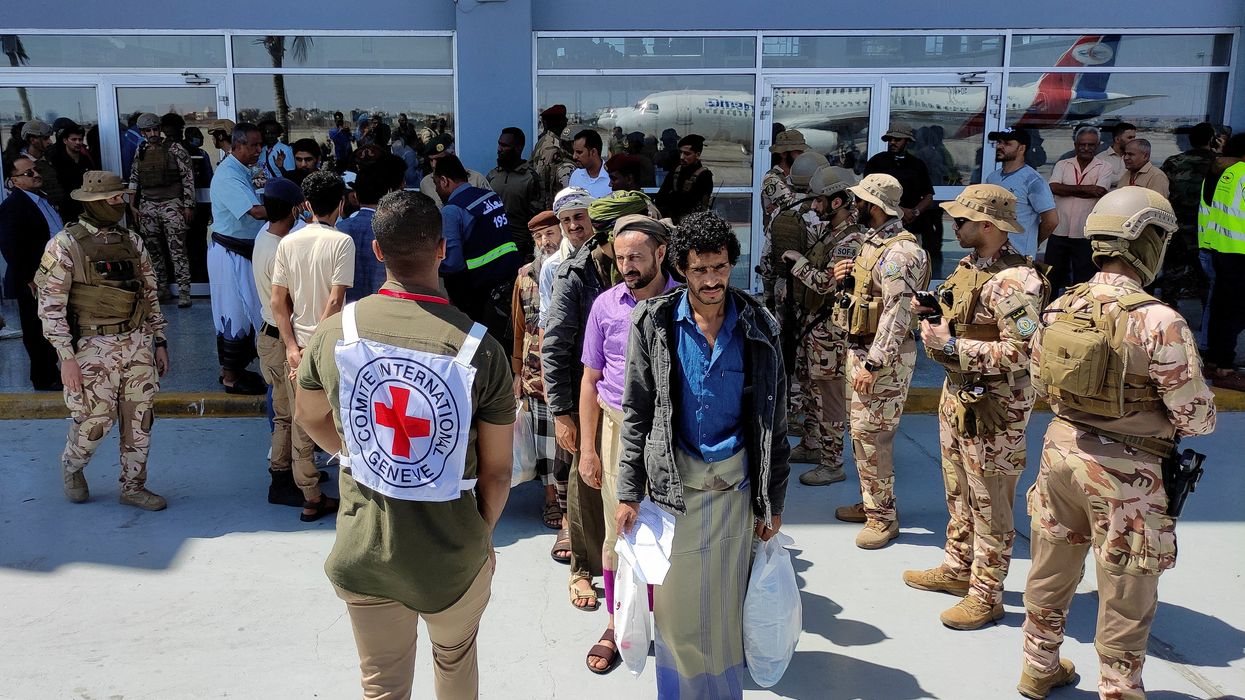Asia
Kim Jong Un shows off North Korea’s first nuclear-powered sub
Cigarette in hand, and with the toothiest of grins, North Korean leader Kim Jong Un posed for photographs at a shipyard next to the makings of a “nuclear-powered strategic guided missile submarine.” The vessel appears to be a 6,000-ton-class or 7,000-ton-class one, with a payload of 10 missiles, in line with plans unveiled at the Hermit Kingdom’s 2021 party congress.
Mar 09, 2025
